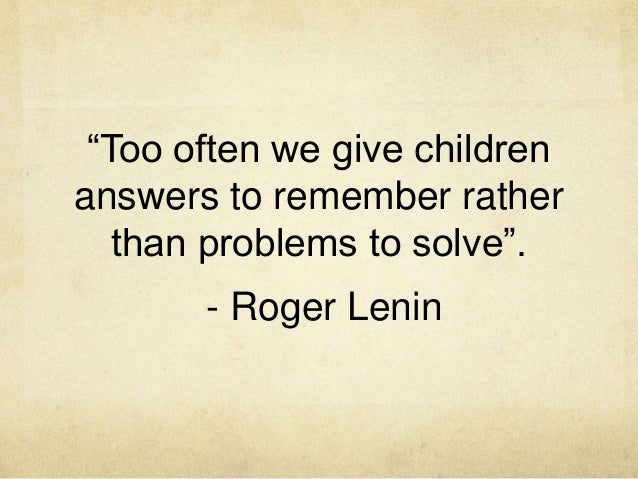As educators, we all start our journey because we love kids and want to help them.
What is interesting, though, is that over time, we learn strategies and develop unconscious habits to “help” students, when in reality we are unconsciously enabling students rather than empowering. Sometimes over helping even becomes instinctual. But even with the best intentions, our over “help” can often resemble spoon feeding.
Empowering students has always been a passion of mine. I am always engrossed in finding ways to stretch brains and mindsets, including my own, in new and different directions. This past week, the phenomenal 4th-grade teachers at my school, @clarkesclass @teammontgomery @msrittsclass, and I have been working on approaches to help students in this area and we have been brainstorming ideas to challenge thinking.
Therefore, this week I worked with 4th graders on a Digital Scavenger Hunt I created that closely resembles a Digital Breakout Edu format. Yet in my scavenger hunt; students had to think critically to think outside of the box, troubleshoot, and to create and solve technical problems they have never encountered before. Each step built on the action before it, and it required deep thinking and trial-and-error to reach the destination. Just like many Breakout Boxes do, I gave each student the ability to use two tips to ask for help along the way.
During this Digital Scavenger Hunts with the classes, numerous students were astonishingly focused on the tasks and determined to reach the destination at all costs! But, there were also many who looked at step 1 and immediately said: “This is too hard, I give up,” or “I quit.” This also occurred once students ran out of tips. Even though it was hard for us to not over help at times; When these moments occurred, it was the perfect opportunities to discuss with students the idea of “YET” and growth mindset. In other words, it is okay to be honest about frustrations when challenges arise, but we have to work hard to train our brains to think: “I may not get it YET, but I will if I keep trying and am patient.” We also discussed the idea of progress; We may not reach our desired destination now, but if we make growth, we should be proud of each stride we made.
Although discussing growth mindset and learning how our brains work helps jump start crucial conversations, what we often miss is to truly challenge students and to help them apply what they learned about growth mindset in real-life scenarios.
Some students revealed to us after the Digital Scavenger Hunt that they wanted to give up many times during this challenge because it was too hard, but they started thinking positive and then realized “Hey, I can do this!” When you empower students to lead with a growth mindset, once they do overcome challenges, their reactions are priceless. There is nothing that can replace a student proud of his or her accomplishments from exerting true grit.
The 4th-grade teachers and I are currently planning mini-challenges that we will embed throughout the school year called Mindset Mania – Thank you, @clarkesclass for the clever wording! These challenges will include anything from STEM to collaborative projects and they are designed to positively develop growth and innovators mindsets. I am looking forward to watching students grow as we embed thought processes like this into everything we do.
After all, nothing is sweeter than seeing a student proud of his or her accomplishments while endlessly persevering and learning new ideas along the way. If we aim to empower students today, the impact will last a lifetime.



I enjoyed reading this and what an awesome picture. So often students have hang ups and don’t want to take risks in front of their peers. We need to teach them the value of their beautiful minds…and of course, I love the word “Joy.”
Thank you, Lynell! I completely agree with your thoughts about apprehension to take risks in front of peers. The act of being vulnerable is hard, but when we show kids we believe in them when challenges occur, they grow beyond belief. I am with you- I love the word “joy” as well. 🙂